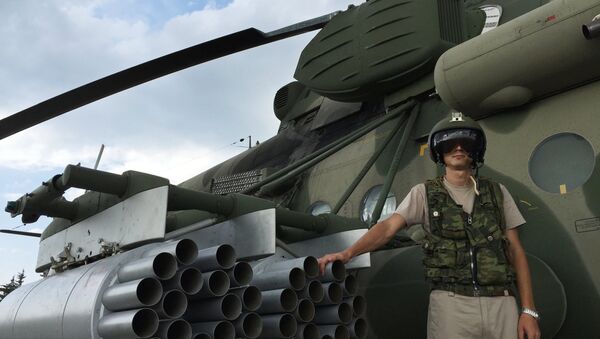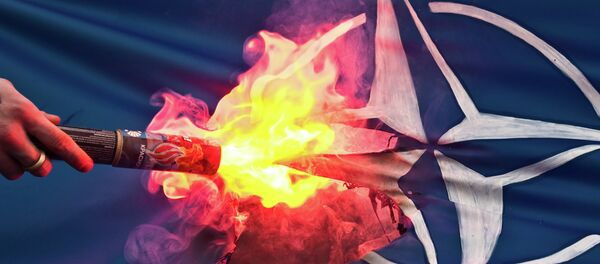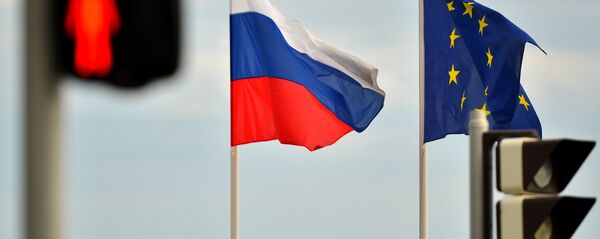On Monday analyst Rebecca Heinrichs told Fox News that "as the US has vacated the role of leader in Europe and the Middle East, you have seen Vladimir Putin step in that space, and act at the strong man here."
The expert noted that following the Paris terror attacks, French President Francois Hollande sought commitment to fighting Daesh from his Western allies, and when little was forthcoming, turned to Russia.
"France doesn't see Russia as the threat, as much as it sees ISIS (Daesh) as 'the alligator closest to the boat,'" Heinrichs told Fox News.
In addition, Kortunov notes a Washington Post report that Iraqis see the US as pandering to Daesh terrorists, and therefore doubt the use of US operations against it.
The Washington Times reported on mounting criticism of the failure of a $500 million "train and equip" plan to recruit a moderate Syrian opposition army to fight Daesh, and the resulting deployment of a small contingency of US special operations forces to northern Syria.
Last month US Army Chief of Staff Mark A. Milley said that the US Army had begun in the preceding weeks to re-evaluate the "ways and means" of the president's strategy for destroying the terror group.
"Even opponents of Russia admit that the Russian line looks logical and convincing in its own way, which you can't always say about the US line."
As well as faltering belief in Western societies, which fail to see any improvement in the security situation despite more than a year of airstrikes and continuing negotiations, traditional Western allies in the Middle East are also losing faith in US-led foreign policy, said Kortunov.
"If you associate with traditional allies of the US, which I have recently done quite often, for example with representatives of Saudi Arabia or Qatar, you see a great disappointment with US politics."
"They don't believe in the Americans like they did 10-15 years ago. They think that the US can't assure security for its allies in the Middle East," said Kortunov.




